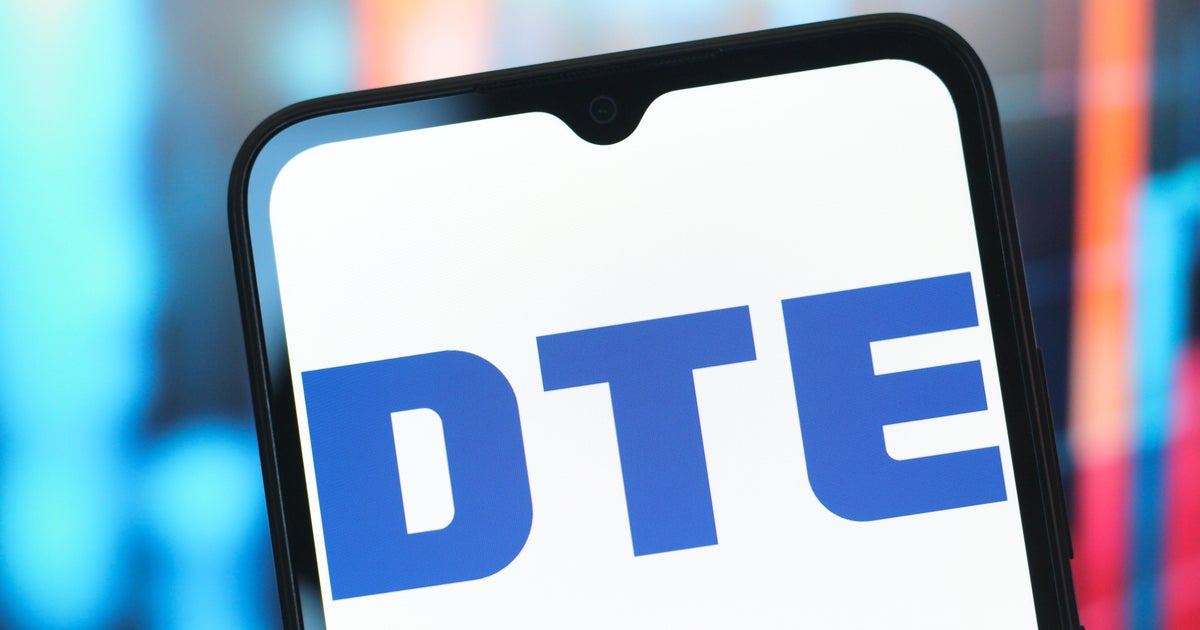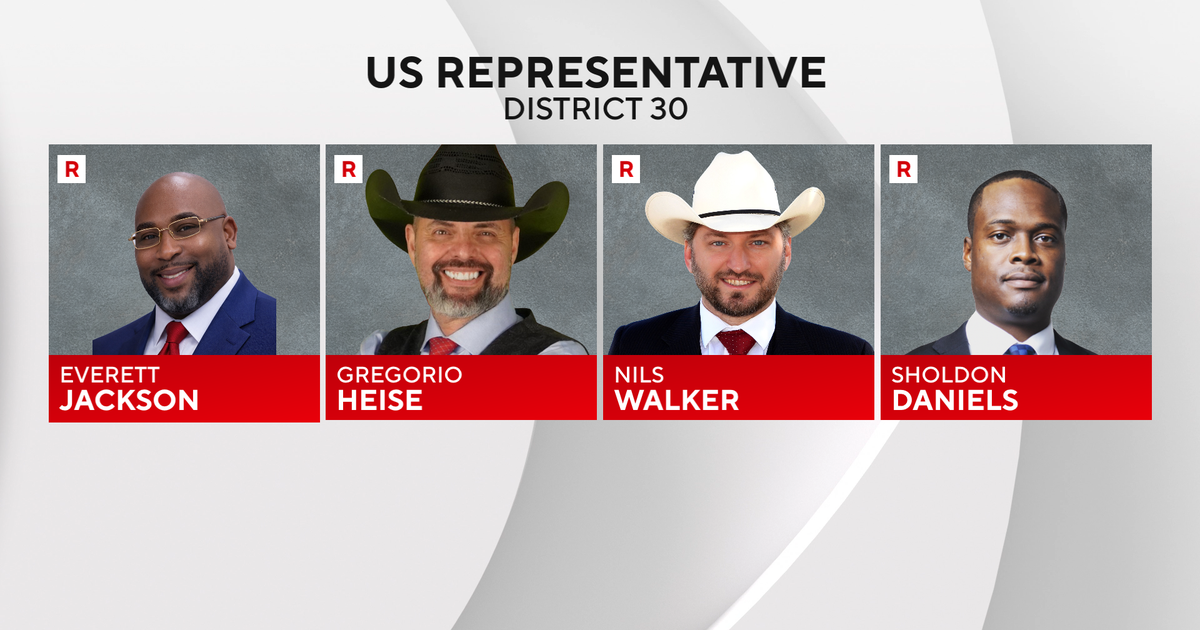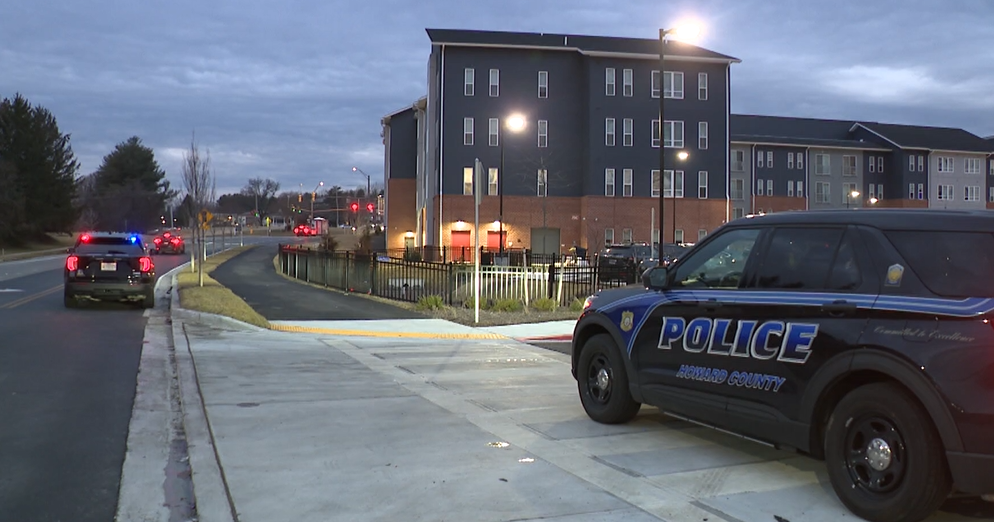Illinois House OKs Electric Increase, Veto Possible
SPRINGFIELD, Ill. (STMW) -- The Illinois House approved a controversial measure Monday backed by Commonwealth Edison to raise electricity rates to pay for the modernization of its power grid, but there weren't enough votes to turn back a threatened veto by Gov. Pat Quinn, the Sun-Times is reporting.
Even though the legislation now moves to the Senate, the 67-47 House vote represented a victory for Quinn and Attorney General Lisa Madigan, who argued along with consumer groups that the legislation amounted to a "blank check" for the powerful utility company.
The utility needed 71 votes in the House to reach the threshold necessary to override a veto by the governor. The failure to do so strengthens Quinn's hand in brokering his own deal with ComEd.
"We believe it's a positive development," Quinn spokesman Grant Klinzman said after the vote. "We believe there are ways to encourage greater investment to upgrade the electric grid and create more jobs while protecting consumers."
Rep. Kevin McCarthy (D-Orland Park), the bill's chief House sponsor, acknowledged that "several" House members pulled off his bill unexpectedly but held out hope that the governor might still be able to be persuaded on the bill's merits should the plan pass the Senate before Tuesday's scheduled legislative adjournment.
"I think he'll look it over, and maybe he'll change his ways," McCarthy said.
AARP Illinois — the retiree lobby that fought the utility bill — assailed the House vote and called on the state Senate to stop the legislation from even getting to Quinn.
"Today's decision by the House of Representatives to pass Senate Bill 1652 constitutes terrible news for Illinois consumers, as it will allow utility companies like ComEd and Ameren to impose nearly automatic rate hikes and secure company profits with virtually no regulatory oversight," said Bob Gallo of AARP Illinois.
Earlier, during House debate, McCarthy defended the legislation, saying it would lead to at least 2,000 new utility jobs and usher in both "cutting edge technology" and "outstanding reliability" to ComEd's antiquated power grid. The aim, according to the utility company is to improve performance and conserve energy.
"I believe it's a great day for our House because we prove once against when we work together, we can do great things for the people we serve," McCarthy said.
Under his plan, the utility would be guaranteed 2.5-percent rate hikes during the next two years to help underwrite $1.5 billion in modernize ComEd's grid, including the installation of so-called "smart meters" in all homes and businesses.
The initial, built-in rate hikes proved to be a sticking point for opponents in the House.
The measure "guarantees higher electric rates for our constituents, our seniors, our lower-income people, single moms, at a time when people are sitting at their kitchen tables trying to figure out how to make ends meet," said Rep. Mary Flowers (D-Chicago).
Other critics pointed to a conflicting statement in March from John Rowe, chairman of Exelon Corp., ComEd's parent. Rowe described his company as being "reluctant" to invest in smart-grid improvements "because it costs too much, and we're not sure what good it will do," Crain's Chicago Business reported in March.
"When I heard the CEO of Exelon say those words, that made up my mind," said Rep. Greg Harris (D-Chicago), another "no" vote. "I don't think this is a good investment for our state, and I don't think it's a good investment for our constituents. And I think it's a cost they'll be reminded of month after month as they see their electric bills with these increases, which the CEO of Exelon said we're probably not even sure what good it will do."
A ComEd spokesman wasn't immediately available for comment after Monday's vote.
(Source: Sun-Times Media Wire © Chicago Sun-Times 2010. All Rights Reserved. This material may not be published, broadcast, rewritten, or redistributed.)







